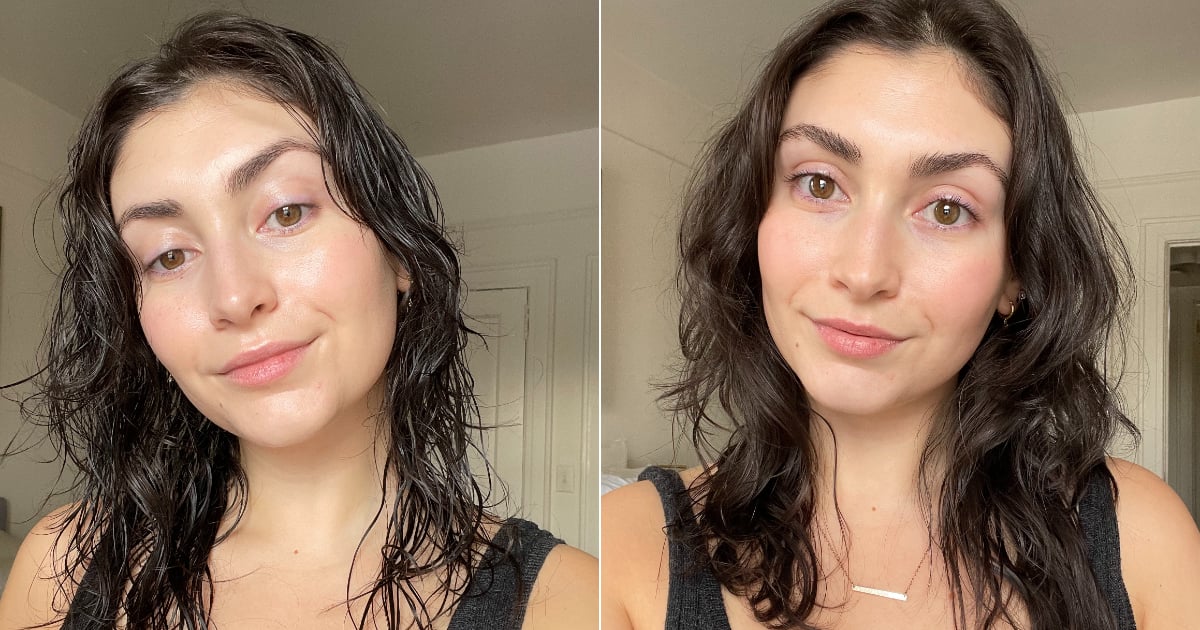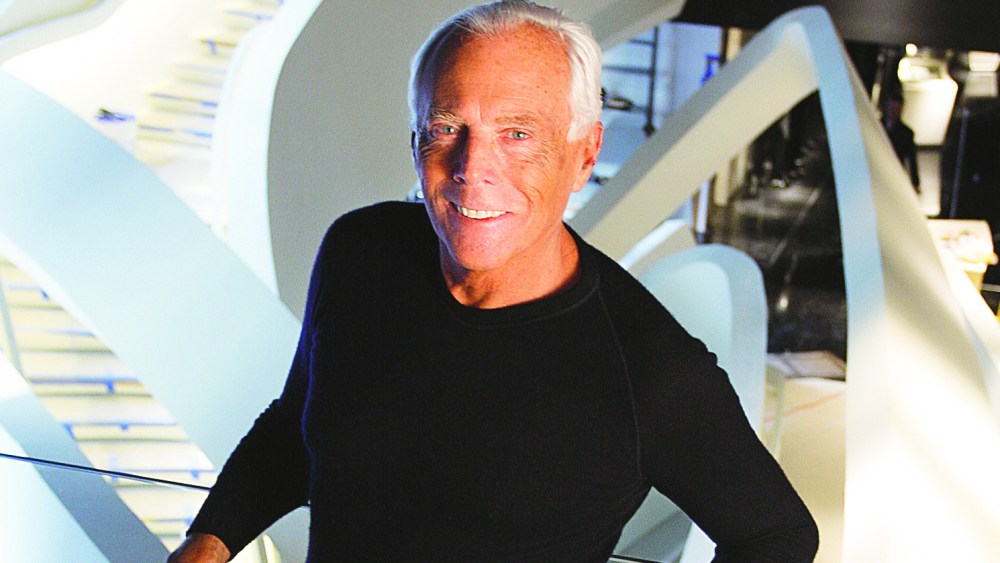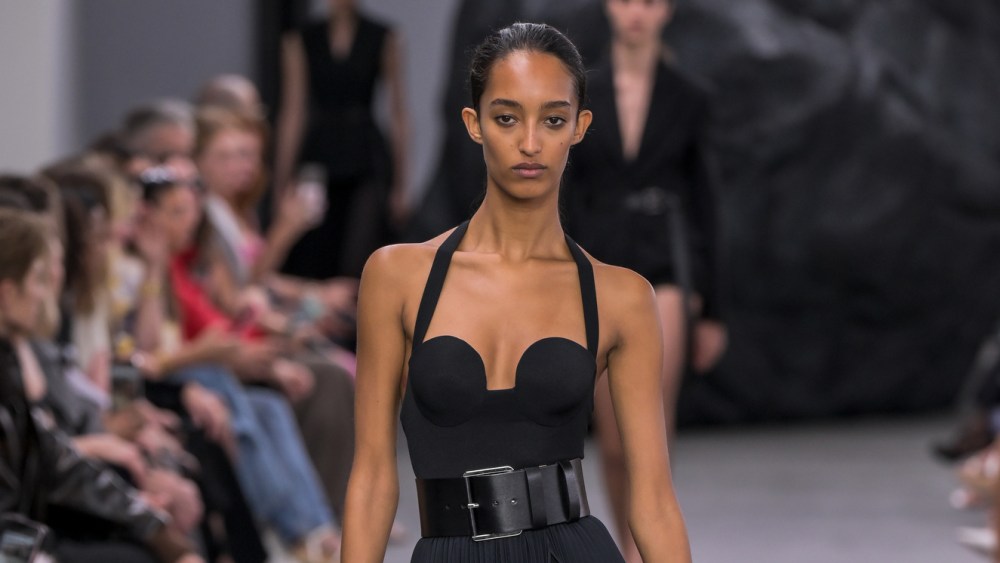Contrary to what my husband thinks of TikTok, I’ve actually learned a lot on the video-sharing app. I’ve discovered how to apply concealer to lift my face, an at-home tanning kit that lets me fake a spray tan without leaving my bathroom, and how to plop my hair. Prior to discovering TikTok videos on how to properly dry my hair, I thought only my sister was blessed with my mom’s curly hair and that I was destined to have somewhat lifeless, limp ends that sometimes looked wavy and sometimes not, depending on the day. It wasn’t until videos of people plopping appeared on my FYP that I said to myself, “Wait . . . I think I’ve been doing this all wrong.”
Before we jump into my life-changing hair revelation, let’s make one thing clear: my hair is more wavy than it is curly – I’m probably around a 2B or 2C curl type on the hair-type scale. That said, I was still not doing my hair any favors with my old drying routine, and once I started plopping, I was able to get much better definition in my waves.
Now, let’s get one thing straight: no one on TikTok invented plopping. It’s been around for quite some time – that’s just how I discovered it. What I learned from the rabbit hole of hair-plopping videos that I went down was that my errors began immediately after I got out of the shower. After toweling off, I used to run a brush through my hair to remove any knots (mistake number one) before throwing my hair up into a microfiber towel (mistake number two) and letting it get about 70 percent dry with the towel on (mistake number three). The right way to dry wavy or curly hair is actually to brush it in the shower while it’s soaking wet.
Next, and possibly most importantly, you want to apply your hair products to your sopping-wet hair. Because curly hair types crave a lot of moisture, this is the best time to deliver your leave-in conditioners and styling products. I applied the Ceremonia Guava Leave-In Conditioner ($27) followed by The Inkey List Chia Seed Curl Defining Hair Cream ($11) using a scrunching method instead of combing my fingers through my hair to help the waves form. This is also arguably the worst part – something about having to stand there with drenched hair, water running down your back while you apply products, is just not my favorite thing in the world. Nevertheless, I committed.
Then, only after your hair is covered in product, is it time to put it up to dry. You can use a microfiber towel if you want or go the classic plopping route, which involves a cotton T-shirt. (I alternate between the two depending on how lazy I’m feeling that day). For this experiment, I used a shirt. The key is to gather all of your hair at the crown of your head and gently wrap the T-shirt around your head. I let it dry like that for about 10 minutes. When I take off the T-shirt, my hair is usually about 60 percent dry.
The next step is also a bit of a challenge, but as my sister so plainly told me: don’t touch it. The more you mess with it while it finishes drying, the frizzier it will get. I like to use a product similar to the the Kristen Ess Setting Clips ($10) to keep it off of my face while it air-drys so I’m less likely to touch it. This final step of air-drying takes a few hours for me, but everyone’s hair is different. If I’m short on time, I’ll diffuse my hair to speed up the process.
All in all, plopping your hair isn’t hard, but it does involve a few steps, and depending on what your current hair-care routine is, it may seem a little overwhelming at first. There are still days when I feel too lazy to plop and I just let my hair do its thing (but on those days, I know it’s not going to have as much volume). Considering all it takes are an old T-shirt and some curly-hair products, I say give it a try.
Jessica Harrington (she/her) is the senior editor of PS Beauty, where she oversees coverage around makeup, skin care, hair, tattoos, and more. With more than eight years of industry experience, she has interviewed countless celebrities, reported on hundreds of beauty trends, and swatched more lipsticks than she can count. Prior to PS, Jessica worked for publications such as Makeup.com, Skincare.com, and The Zoe Report.




